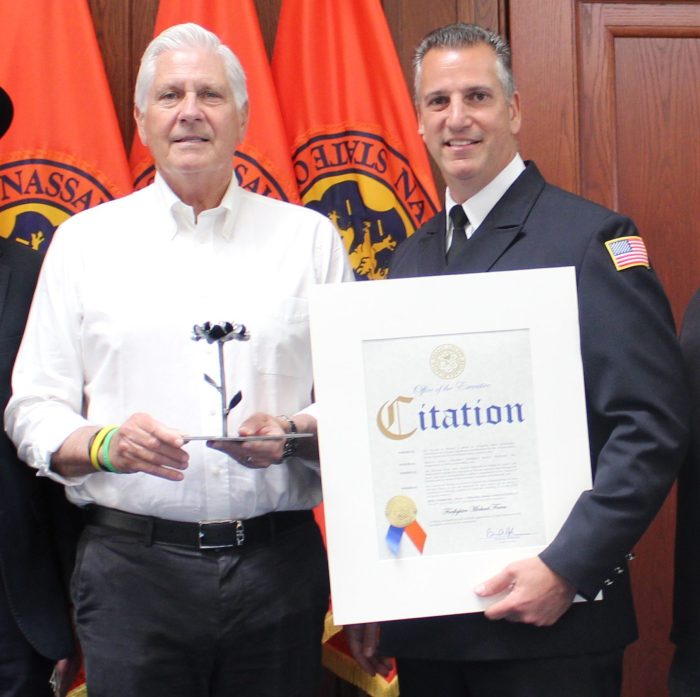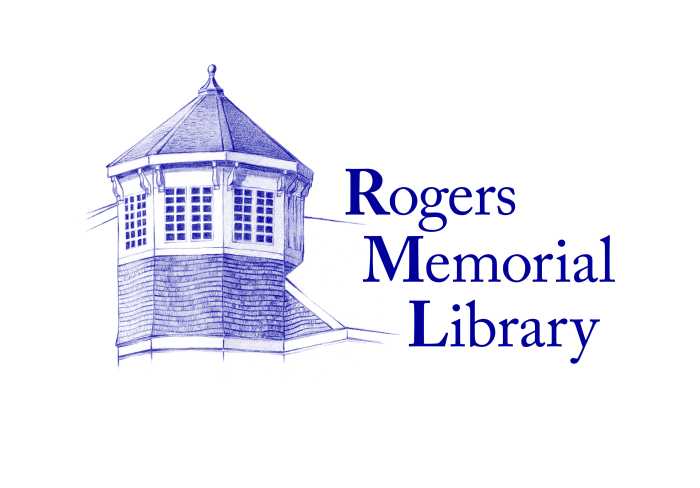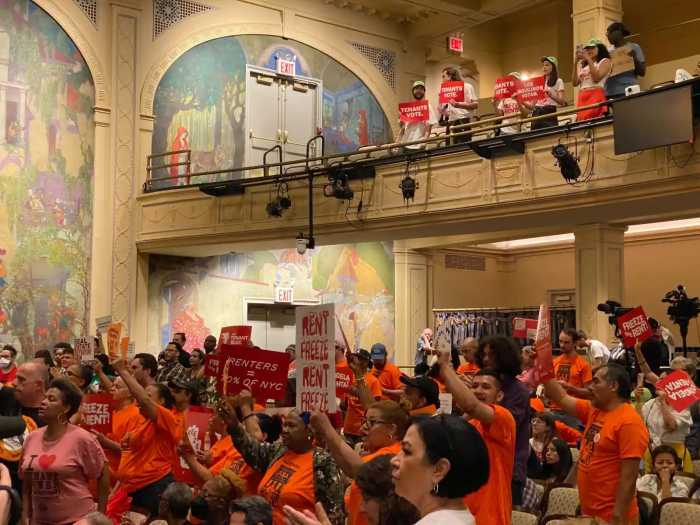A Door That Swings Both Ways
Even the most attenuated of historical perspectives must give one pause when reflecting upon this year’s presidential ticket which consists of an African American and a Mormon running for President of the United States and two practicing Catholics running for vice-president. White, Anglo-Saxon Protestant America, the ruling elite for so long, has yielded to a multiculturalism that would have seemed inconceivable just one short generation ago.
The intriguing mix of ethnicity and faith that characterizes this year’s respective national tickets provokes the most interesting reactions, especially when it comes to Paul Ryan’s Catholicism or, to put it another way, how Mr. Ryan reconciles his role as the principal architect of today’s budget cuts with Catholic social doctrine about feeding the poor. A former altar boy, Ryan’s conservative budget known as “Path to Prosperity” has run afoul of the United States Conference of Bishops who are philosophically and temperamentally partial to the notion of redistribution, the ideal vehicle, as they see it, in giving succor to the poor, the hungry and the dispossessed. Despite the plethora of evidence that proves the most significant and durable benefits to the general populace are not mechanisms of redistribution but rather those resources that bring capital and productivity into the equation, Mother Church remains in thrall with government programs responding to symptoms of poverty and want rather than its causes.
Prejudices die hard and envy is inextinguishable, but no matter how hard dissenters knead the proposition to work in their favor there is no escaping the truth that it is free markets, not government, that has uplifted the poor. This does not mean that there shouldn’t be a general provision for the indigent, the aged and the sick but there really is no point in arguing what everyone agrees with. The pertinent issue is Paul Ryan’s insistence that the only way economic health can be restored and the future of social welfare programs preserved is by reducing the rate of growth of these programs by means of growing the economy and emancipating the underclass from its cycle of perpetual poverty. Whether this philosophy can be debated without the hysteria that it is motivated by hatred of the poor and a sadistic impulse to wheel grandma off the cliff has become the defining issue of this campaign. When both President Clinton and the Republican Congress joined hands to reform welfare, highly intelligent people, like Daniel Patrick Moynihan, burst boilers in fulminating how people will be left starving in the streets. Not only did that not happen but the reforms proved to be one of the most significant achievements in the history of domestic policy though, I regret to say, some of these initiatives are being retooled and redefined in the Obama Administration.
The Catholic Church, of which I’m a communicant, seems as obtuse about the psychology of poverty and the root of dependency as it is about the octane needed to fuel the tank of a sputtering economy. It demonstrates to this dismayed Catholic that outside the realm of faith and morals, as Thomas Aquinas noted centuries ago, the church is no less likely than anyone else to act on inadequate and false information, and is therefore quite capable of erring on this basis or as Saint Thomas precisely put it, propter falsos testes. What’s been given too little attention is Mr. Ryan’s embrace of the ecclesiastical principle of subsidiarity, which I discussed in a previous column, and whose concept was first limned by Pope Pius XI in 1931. The doctrine, which has a hierarchical logic, can be extrapolated to numerous situations and in this case would assert that problems or conditions such as scarcity and penury should be first addressed by a smaller entity before a larger one. The very core of subsidiarity is federalist in nature, mirroring the subdivisions prescribed in the American Constitution, inferring that local government should not do what an individual can do for himself, the state should not do what can be done locally and the federal government should not involve itself in matters the states are perfectly capable of handling.
So Ryan, for those naysayers, is on solid ground with the Catholic intellectual tradition as well as being spiritually attuned to his faith. Unlike John F. Kennedy, who very publicly but fulsomely embraced Catholicism when in reality he was about as religious as Christopher Hitchens or one of those other ‘New Atheists” selling their wares on YouTube or at the local bookstore, there is no gainsaying Ryan’s Catholic pieties which are genuine and sincere. All the more surprising, then, that the American bishops should target Ryan for rebuke of his budget being essentially unchristian when so many Catholic politicians from Nancy Pelosi on the West Coast to Andrew Cuomo on the East Coast, not to mention Vice-President Joe Biden, all of whom flagrantly advocate, with obvious impunity, liberal abortion laws and same-sex marriage which is, after all, most directly in the purview of the Bishop’s role as keeper of the tablets of faith and morality.
Since Ryan’s political ascension, the media has joined with the bishops (politics sure does make strange bedfellows) by selectively targeting Ryan’s Catholic credentials on those very points in which he disagrees both with his church and the media. Admittedly, such philosophical crossroads between the media and the church are extremely rare, which makes their prejudice all the more conspicuous in light of the media’s general reticence about politicians aforementioned that are virtually in open rebellion to Church teachings the media disapproves of.
It’s a distinction worth noting. For a very long time it was almost un-American for a Catholic politician to run for high office because of what was perceived as divided loyalties between Washington and Rome. In 1928, when Al Smith, a Roman Catholic, ran for president, one heard whispers that grew into the crescendo of a marching band that the Pope was packing his bags and moving from the Vatican to the White House. When Al Smith cut the ribbon opening the Holland Tunnel the photograph taken to memorialize the event was propagandized and then disseminated throughout the Bible Belt depicting this as the very tunnel the Pope was secretly traversing to D.C. —- luggage and all. I kid you not. When Smith lost, he was asked if he had anything to say. “Yes,” Smith deadpanned, “to the Pope: Unpack.”
Even today, Catholic politicians must, at least on the national level, discretely wear the apparel of their faith and resist the temptation of overheated rhetoric. Not even Rick Santorum would have been so impolitic as the gifted and devout Catholic writer Hilaire Belloc, who responded to a woman who jeeringly provoked him, while running for a seat in Parliament, whether it was true that he was a Papist. Belloc, with histrionic flair, unsheathed his rosary and icily replied, “Madam, do you see these beads? I recite them every morning when I rise, and every evening when I go to bed; and if you object to that madam, I pray to God that he will spare me the ignominy of representing you in Parliament.”
It would be impossible to believe that any of Ryan’s political handlers would counsel using such language even when so rudely challenged. It is enough for Mr. Ryan to say that, if elected, his Catholicism will under no circumstances interfere with the discharging of his constitutional duties. This does not mean that his beliefs, attitudes, indeed his very conscience, will be unaffected and uninfluenced by Catholicism. It is simply beyond credulity to say that a person of faith would be able or even desire to be insulated from that which ostensibly molded and shaped him. Voters, of course, have the right to take these influences into account, but the media has the obligation to see that the door of inquiry on these matters of conscience swings both ways.
































